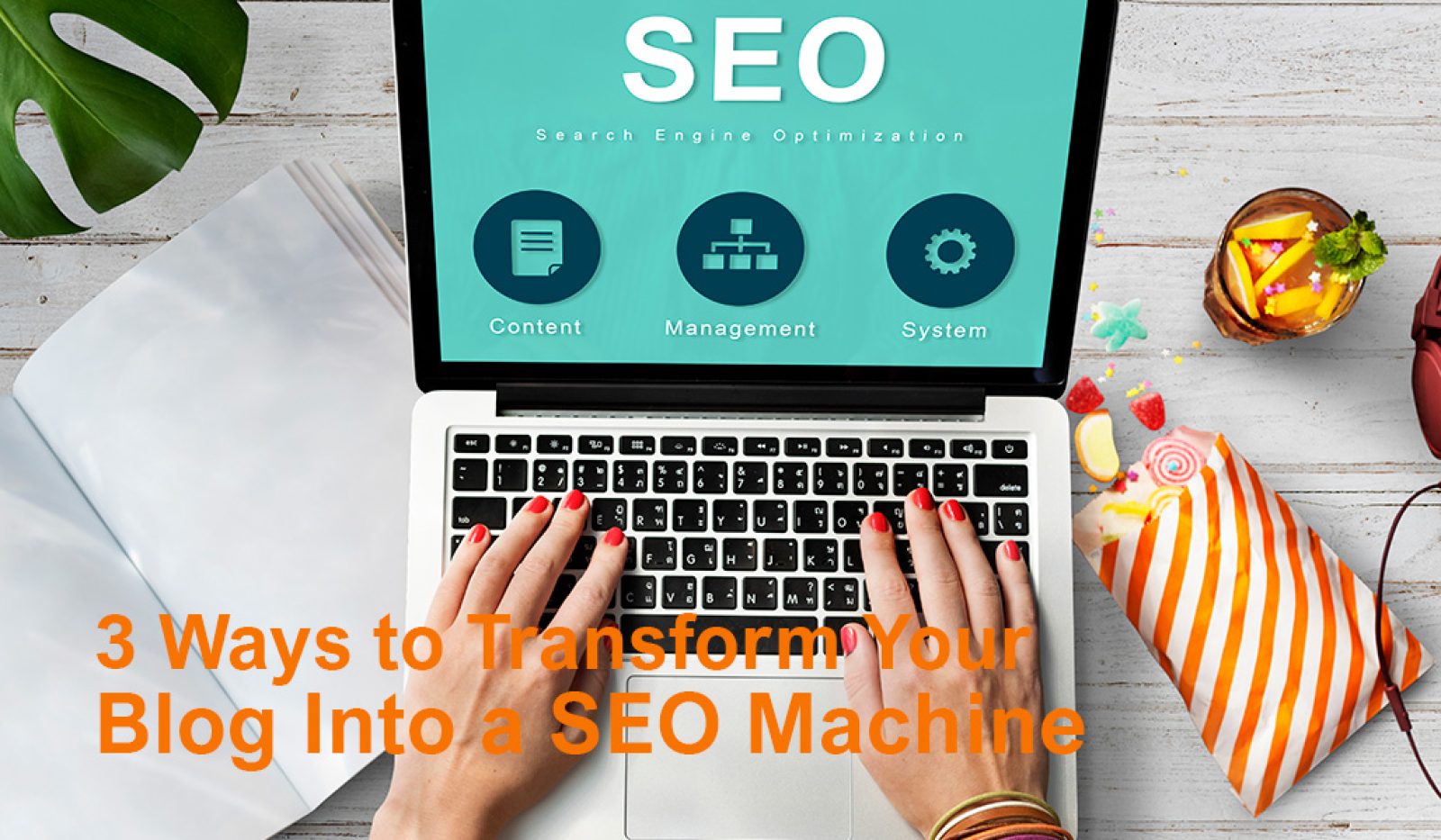Increase Your ROI Through Scientific
How Increase Your ROI Through scientific SEM
Want to know the one thing that every successful digital marketer does first to ensure they get the biggest return on their marketing budget? It’s simple:...
Simple Ways To Optimize Your Website For SEO
Optimizing your website for SEO (Search Engine Optimization) is crucial to improve its visibility and organic rankings on search engine result pages (SERPs). Here are some simple steps and detailed descriptions to help you optimize your website for...
Importance of SEO
By now, almost every organization knows the importance of having a website. The world has turned more digital than what no one ever anticipated. It’s good bye to analogue marketing. However, since everyone organization has turned digital, the war now is on how to be...
Transform Your Blog Into a SEO Machine
3 Ways to Transform Your Blog Into a SEO MachineIf you run a blog, you know how important it is to rank well in search engine results pages (SERPs). Higher rankings mean more traffic, more readers, and potentially more revenue. To transform your blog into an SEO machine, you...








